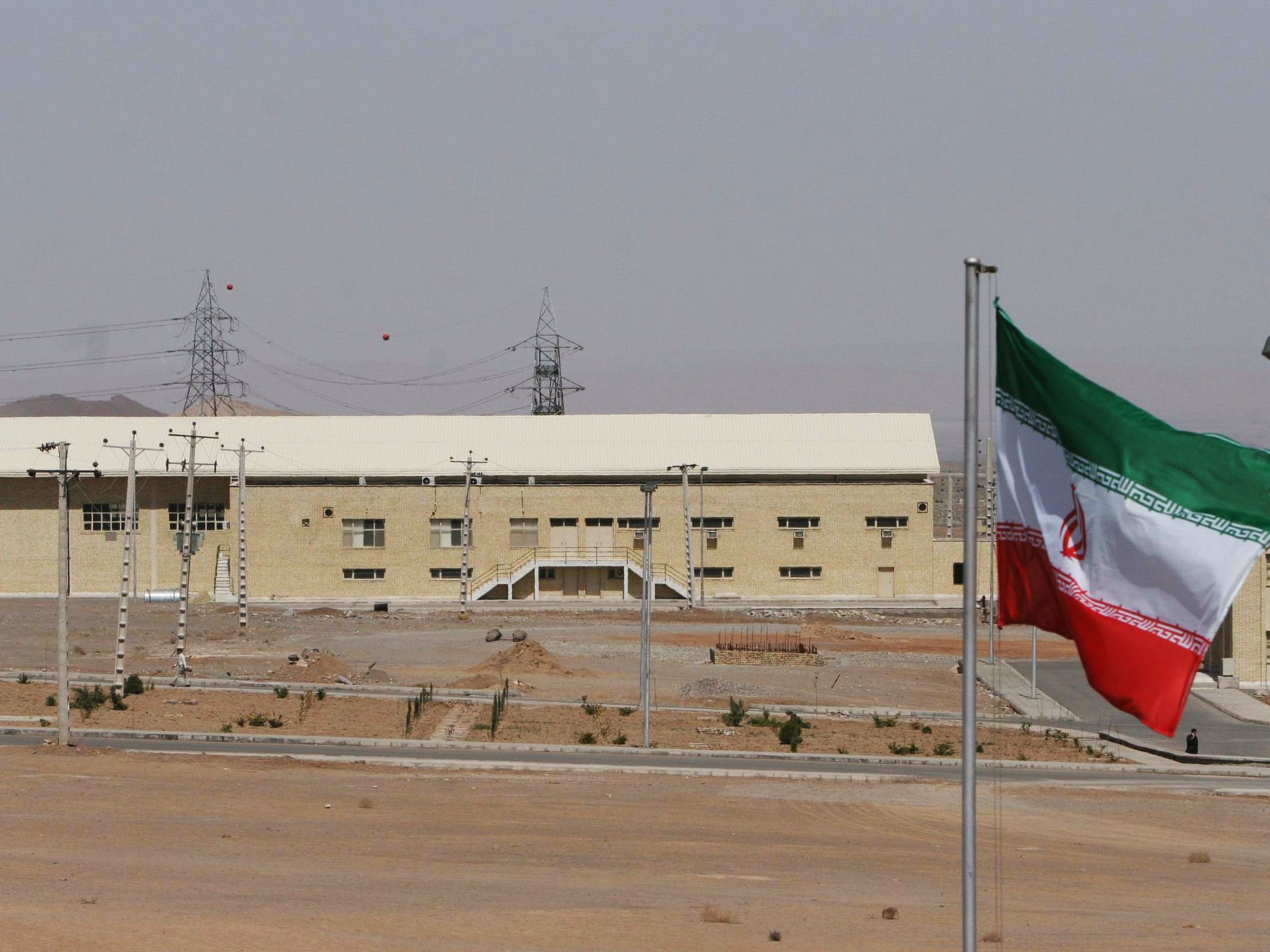The United Nations International Atomic Energy Agency (IAEA) on Monday found 84% enriched uranium in Iran, according to diplomats quoted by Reuters.
The diplomats told Reuters that the International Atomic Energy Agency has monitored Iran's uranium enrichment rate of 84%.
One of the diplomats asked, "Did there be an accidental defect in the reconstituted chains, or is the enrichment of this degree of purity deliberate, as the IAEA asked Iran for an explanation for this matter?"
Yesterday, Sunday, Bloomberg News reported that the IAEA had discovered enriched uranium with a purity of 84% at an Iranian site, which is close to the purity of nuclear weapons.
The IAEA said on Twitter that it was "aware of recent media reports regarding uranium enrichment levels in Iran".
Earlier this February, the International Atomic Energy Agency criticized Iran for not informing it of making a "fundamental" modification in connecting two chains or two sets of centrifuges to enrich uranium by up to 60% at the Fordow facility, and diplomats said that the amendment means that Tehran can quickly turn into a higher level of enrichment.
In a separate context, Jean Asselborn, Foreign Minister of Luxembourg, said today, Monday, that the European Union will impose sanctions on dozens of Iranians - including judges - for their role in "issuing death sentences" for protesters.
Iranian response
On the other hand, a spokesman for the Atomic Energy Organization of Iran, Behrouz Kamalvandi, said that Iran had not taken any action to enrich uranium by more than 60%.
Kamalundi added, in response to what was published by "Bloomberg", that the presence of uranium atoms enriched by more than 60% is normal during the enrichment process.
He stressed that the most important is the final product, whose enrichment does not exceed 60%, explaining that the International Atomic Energy Agency knows this well.
Kamalvandi added that the agency's presentation of these issues to the media indicates that it has begun to lose its impartiality, and that this certainly affects its credibility.
In 2018, the United States withdrew from the nuclear agreement concluded by Iran and the major powers in 2015, which stipulated the lifting of sanctions on Tehran in exchange for restrictions on its nuclear activities.
Iran responded to the re-imposition of US sanctions by breaching and bypassing those restrictions, to the extent that the Director General of the International Atomic Energy Agency, Rafael Grossi, said that the agreement is now like an "empty shell".

